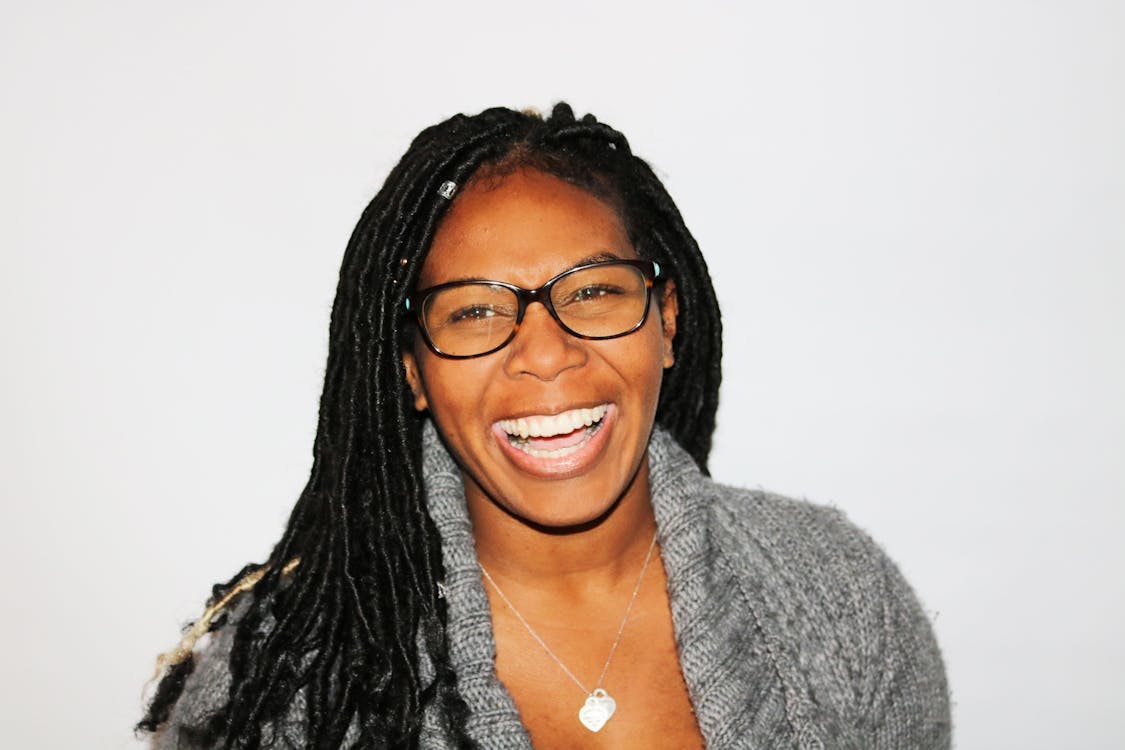Should I Wear My Hair Up or Down for an Audition?
 (Photo: Tarzine Jackson | Pexels)
(Photo: Tarzine Jackson | Pexels)
When preparing for an audition, even the smallest details—like how you wear your hair—can make a difference. While there is no one-size-fits-all answer, understanding how your hairstyle impacts your presentation can help you make the best choice. Here’s what to consider when deciding whether to wear your hair up or down for your audition.
1. Understand the Role and Setting
The first thing to consider is the role you’re auditioning for. Is it a modern character, a period piece, a commercial look, or something requiring a very specific appearance? If the character has a defined aesthetic, your hair should ideally support it. For instance:
- Period roles may favor an updo, as hair worn up often conveys a more traditional or historical look.
- Modern or casual roles might be best suited with hair down, as it can appear more relaxed and natural.
- Commercial auditions often prefer clean, simple styles that don’t distract from your face.
Take a look at the casting call details, and if there’s an option, bring photos or examples of the style you’re considering to see how it aligns with the character.
2. Show Your Face Clearly
One of the biggest concerns for casting directors is visibility. They want to see your expressions, face shape, and features. If you have long hair, consider if it tends to fall into your face or requires constant adjustment. For some, wearing it up in a simple ponytail or loose bun can create a cleaner frame and keep the focus on your performance rather than your hair. However, if your hair doesn’t obscure your face and adds to your look, keeping it down can work beautifully.
3. Consider Your Comfort and Confidence
You’ll want to feel at ease during your audition, and your hairstyle can affect that. Think about whether having your hair up or down might feel restrictive, distracting, or empowering. For instance:
- If you feel confident with your hair down and it doesn’t interfere with your performance, then that can be a good choice.
- If you feel more “put together” with your hair up, go with that. Auditions are high-stress situations, and the last thing you need is a distraction from hair in your face or feeling self-conscious about your look.
4. Keep It Simple
While it might be tempting to go for a dramatic hairstyle, simplicity is often key. Casting directors are more interested in you than your hairstyle, so avoid elaborate styling or excessive hair products. The goal is to enhance your natural look rather than create a high-maintenance style that requires constant adjustments.
A neatly done ponytail, low bun, or leaving it down in soft waves can all work well as long as they’re not too distracting. If your hair requires frequent touch-ups or has a tendency to frizz or lose shape, consider the style that will stay neat without much attention.
5. Be Prepared to Adjust if Needed
Flexibility can be your friend. If you’re unsure, arrive with your hair down but bring along the supplies to pin it up if necessary. Some casting directors may ask you to switch up your look on the spot to see different angles or test various looks. Having hairpins, a hair tie, and a brush on hand can allow you to easily change from down to up or vice versa.
Final Tips
- Rehearse with your hairstyle: Practice your lines and blocking with your hair in your chosen style to ensure it doesn’t become a distraction.
- Arrive early to adjust: Allow yourself enough time before the audition to tweak or change your hairstyle if it doesn’t feel right.
- Go for versatility: If you have long hair, a half-up, half-down style can give you the best of both worlds. You can keep it back yet still have it down to frame your face.
Conclusion
Choosing whether to wear your hair up or down for an audition depends on the role, your comfort, and the style that best highlights your face without distracting from your performance. A good rule of thumb is to keep it simple, make sure your face is visible, and opt for the style that makes you feel confident and ready to shine. Good luck with your audition!



